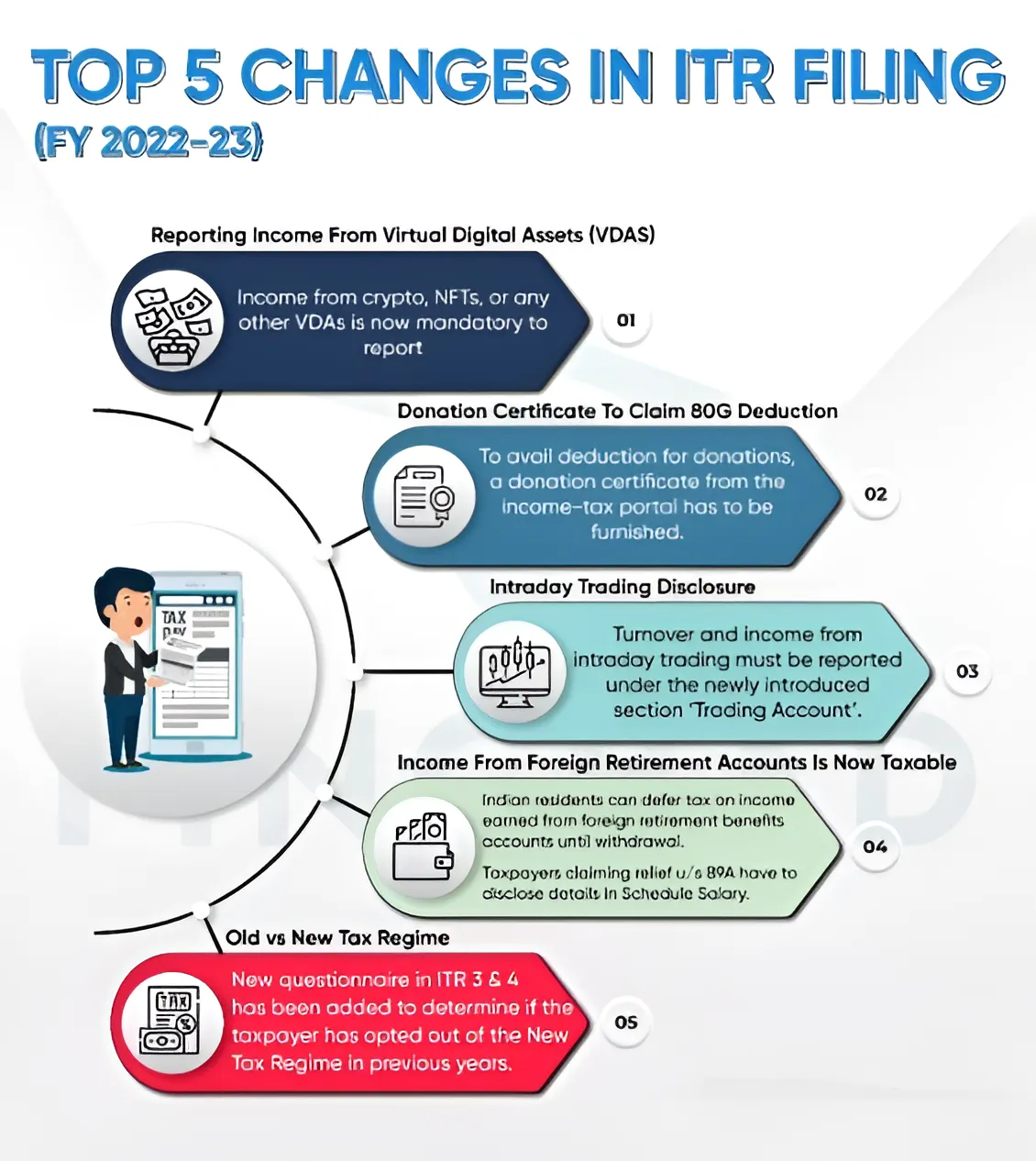
ITR for Capital Gain
Every individual needs to file their taxes in the specified IT return form. Taxpayers need to file ITR for capital gain by submitting ITR Form 2 to the Income Tax Department. However, if your total income for a financial year includes income generated from business or profession, you will be required to file ITR-3 as the income tax return for capital gains. If your income source is salary, sale of foreign assets or property, etc., you are eligible to file ITR-2. Read on to learn how to file the capital gain ITR form.
Any profit or gain that arises from the sale of a ‘capital asset’ is known as ‘income from capital gains’. Such capital gains are taxable in the year in which the transfer of the capital asset takes place. This is called capital gains tax. There are two types of Capital Gains: short-term capital gains (STCG) and long-term capital gains(LTCG).
There are two types of Capital Gains: short-term capital gains (STCG) and long-term capital gains(LTCG). Investment in a house property is one of the most sought out investments primarily because you get to own a house. While others may invest with the intention of earning a profit upon selling the property in the future.
SERVICES INCLUDE
In the case where a resident individual earns capital gains or losses during a financial year, it can only be reported in Form ITR-2 and ITR-3. .









